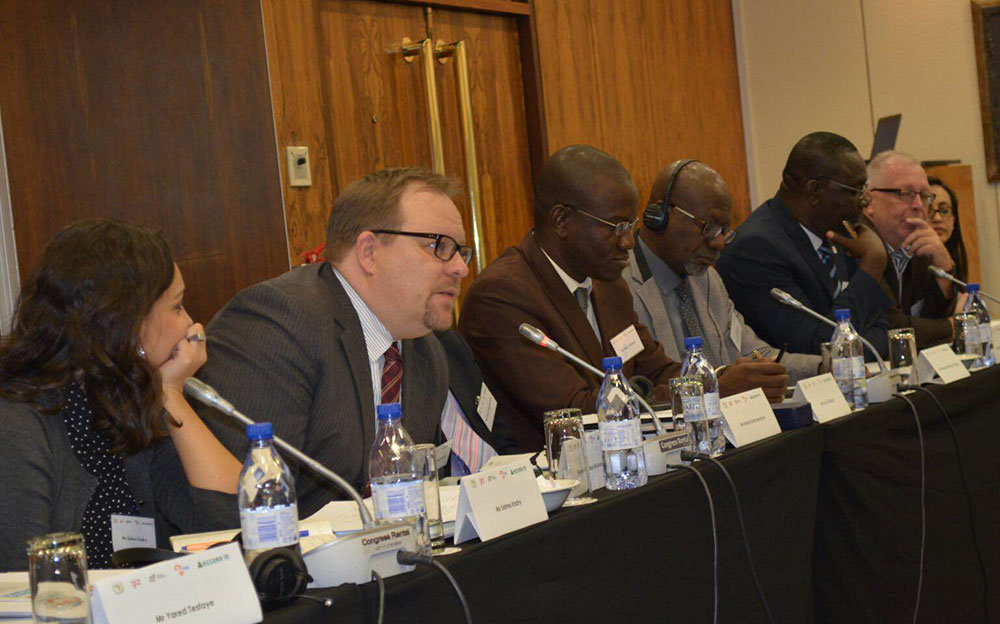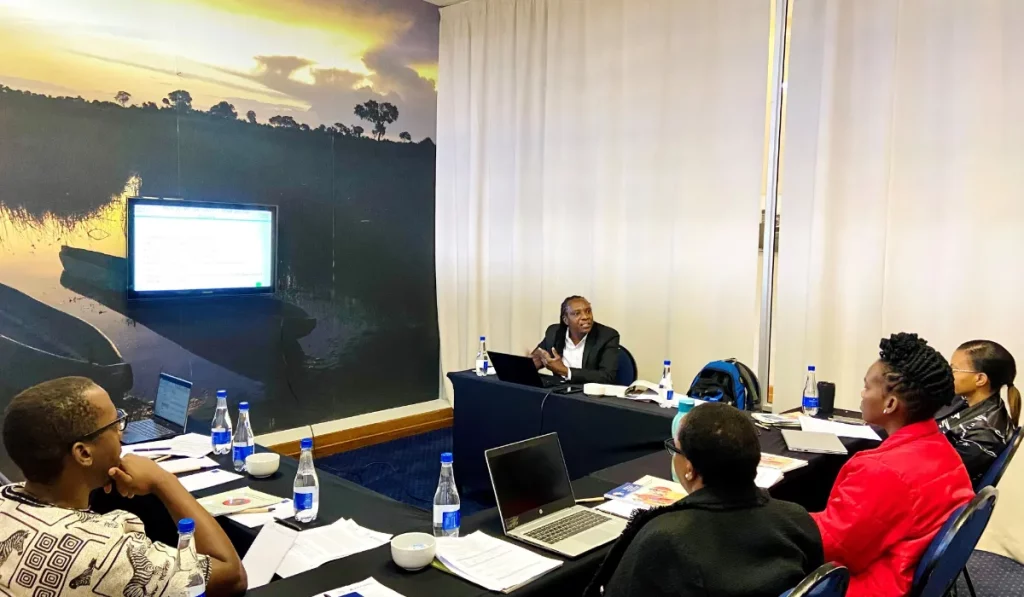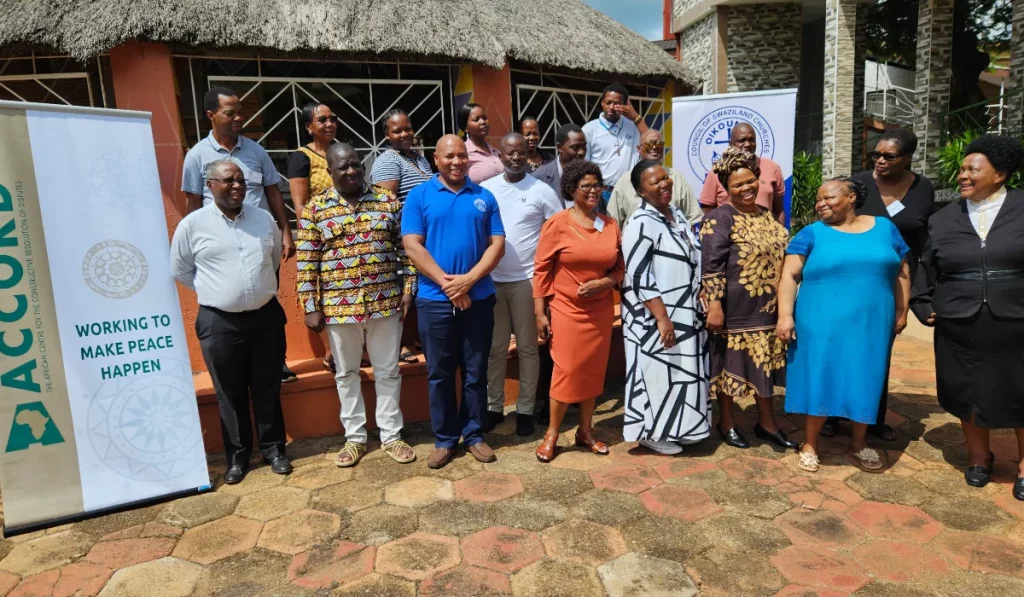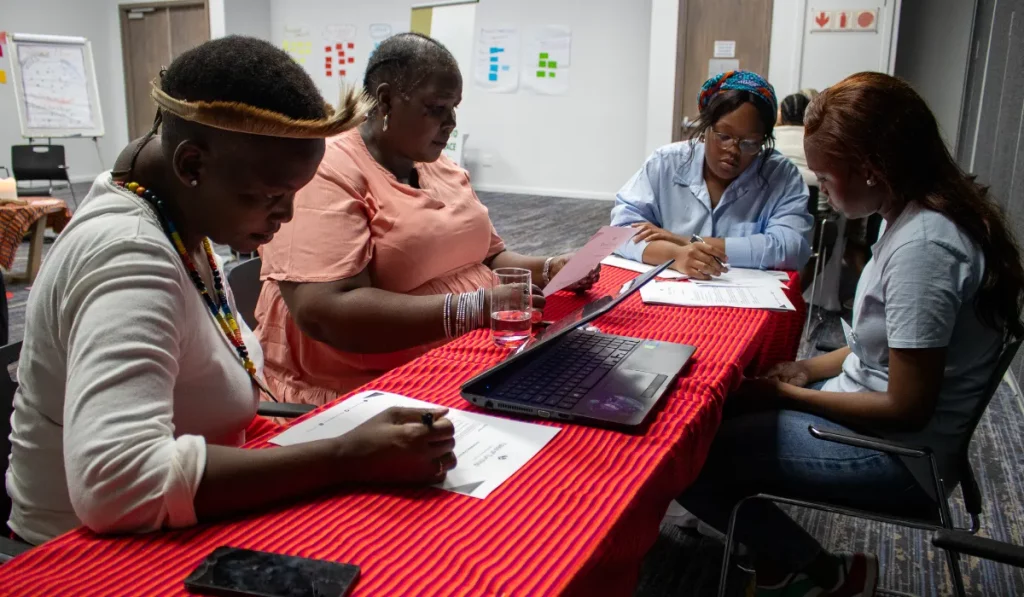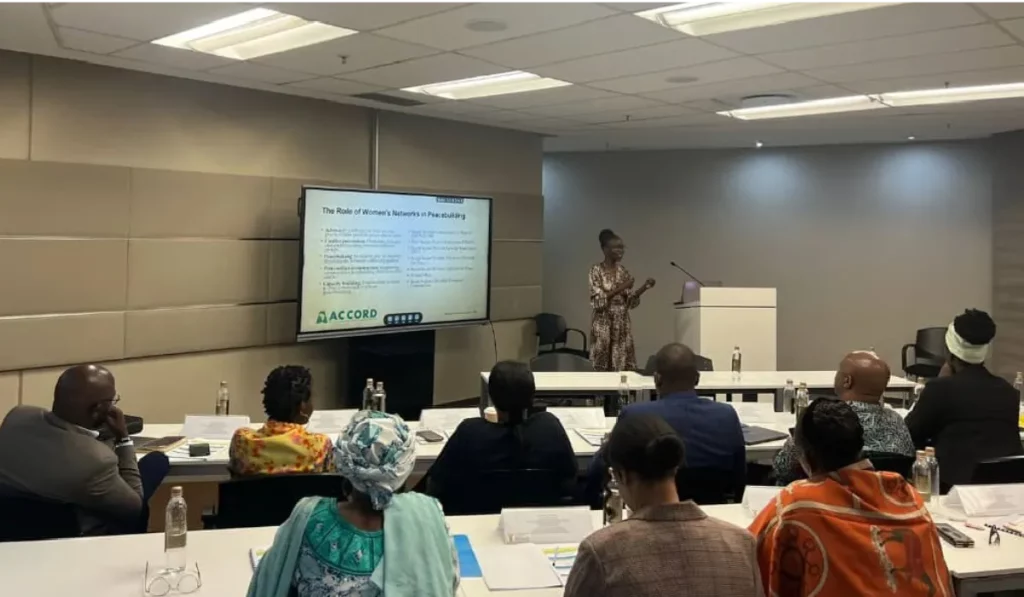In March 2015, the African Union (AU) Peace and Security Department (PSD) finalised the development of the African Standby Capacity (ASC) system, thus paving way for the population of the roster. The ASC has been developed and established to address the rostering and training link dilemma. It represents a joint capability developed and operated by the AU and the Regional Economic Communities/Regional Mechanisms (RECs/RMs) and designed to make the right person available at the right time in the right place. As such, the ASC has become the operational turnkey that provides the AU and the RECs/RMs with the operational means to deliver on the political decisions taken by Member States. As part of the ASC roster development processes, great efforts have been made by the AU and RECs/RMs in detailing their needs more clearly and communicating these needs to training centres. The AU Commission, in close collaboration with the African Centre for the Constructive Resolution on Disputes (ACCORD), as part of the Training for Peace Programme (ACCORD/TfP), coordinated the roundtable which was held from 24-26 November 2015 in Pretoria, South Africa.
A key focus to ensure that the value chain of rostering, training and deployment is efficiently and effectively linked and functional. This will ensure that capacity-building resources are used in a targeted manner to guarantee a level of predictability in respect of the efforts of the AU and RECs/RMs to establish a pool of well-trained and experienced (civilian) capacity, that can be utilised for rapid and Peace Support Operations (PSOs) deployment for field missions. This situation is made possible because rostering ensures the existence of a predictable pool of expertise; whilst the training ensures that those earmarked for deployment undergo sufficient preparatory training to enable them perform their duties in field missions efficiently and effectively. The challenge and the main objective for developing a rostering and training link is ensuring that this cycle functions in a similarly efficient and effective manner.
In light of the above, the 8th Ordinary Meeting of the Specialised Technical Committee on Defense, Safety and Security (STCDSS) in Victoria Falls, Zimbabwe, directed the AU Commission and RECs/RMs to develop guidelines on the linkage between rostering and training of civilians. These guidelines will aim to ensure that experts eligible for deployment are well trained and adequately prepared prior to deployment. The overall objective of the November roundtable was therefore to develop such concrete guidelines.
The rostering and training guidelines developed by the Roundtable will now be further reviewed and validated by the AU and RECs/RMs. These guidelines will ensure clear linkages between rostering and training processes through, (1) the harmonisation of the roster selection with the training selection/recruitment and deployment of ASC personnel; and (2) ensuring that qualified experts will have their skills enhanced as part of the ASC roster processes through training to further equip them with knowledge of the field mission roles/functions they will perform during deployment in AU field missions; for effective mandate implementation.
By co-hosting the Roundtable with the AU PSOD, the ACCORD/TfP contributed to the development of the guidelines. This is in line with the TfP Programme’s strategic goal for improved and sustainable capacity for peace operations on the continent, through (1) ensuring that functional organisational systems are in place in the UN, AU and RECs using relevant policy frameworks mandated by the UN, AU and RECs; and (2) ensuring competent personnel in UN, AU and RECs peace operations are provided with requisite, relevant and high quality training. In particular, the anticipated result of this activity was in line with TfP/ACCORD’s specific objective to assist the AU and RECs in the development of civilian structures of their standby forces and Planning Elements (PLANELMs) for full operationalization by 2015.
The Training for Peace Programme at ACCORD is an initiative funded by the Norwegian Ministry of Foreign Affairs.

